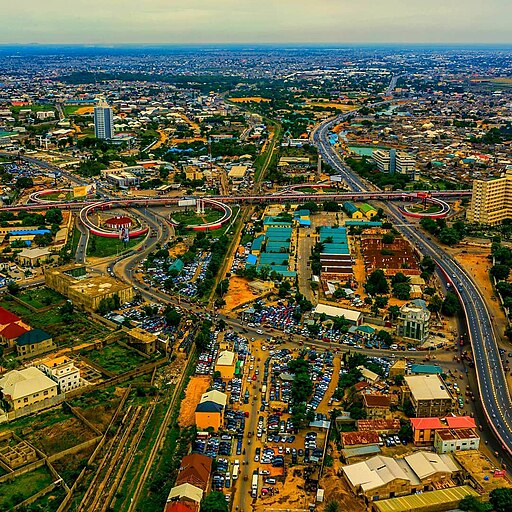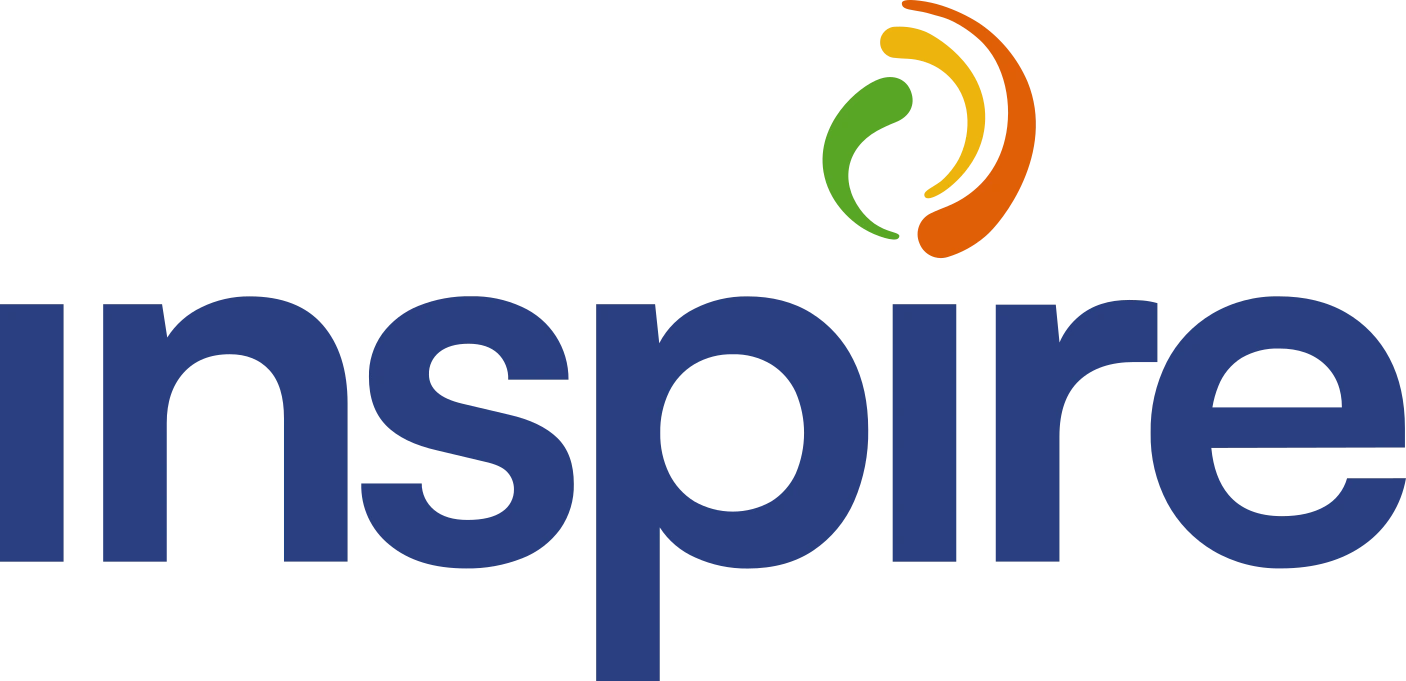Guest Authors: Favour Christiana Ogbuagu, Abubakar Ismail Zango, Makkiyyah Sulaiman Muhammad, and Abdulmalik Ya’u | Youth Against HIV, Nigeria.
This blog post is the second in a series written by teams participating in the 2025 INSPIRE Designathon. Chosen from hundreds of submissions, these teams participated in a dynamic three-day sprint to sharpen their ideas and pitch innovative solutions to a panel of expert judges. Each team received funding to implement, adapt, and scale-up HIV interventions for adolescents and young adults over the coming year.
 In Northern Nigeria, conversations about HIV among adolescents are often silenced by stigma and shame. Studies show that more than nine out of ten young people in Nigeria hold stigmatizing attitudes toward people living with HIV, a reality that discourages testing, treatment, and open discussion.
In Northern Nigeria, conversations about HIV among adolescents are often silenced by stigma and shame. Studies show that more than nine out of ten young people in Nigeria hold stigmatizing attitudes toward people living with HIV, a reality that discourages testing, treatment, and open discussion.
This stigma weighs even more heavily on adolescent girls, who face layers of judgment tied to gender norms and patriarchal expectations. Many young people internalize these negative messages, hiding their fears, questions, or even their HIV status. Myths persist from the belief that HIV only affects “immoral” people to the idea that it can be cured with traditional medicine. In addition, reliable HIV information is not always available in Hausa, the most widely spoken language in Northern Nigeria. This gap leaves many adolescents uninformed or misinformed.
Our team— Youth Against HIV (YAGH) — saw these challenges firsthand and knew we needed to respond differently. Through the INSPIRE Designathon, we designed a project to:
- Train peer champions to lead conversations on HIV
- Strengthen digital tools to include Hausa-language support
- Establish school-based HIV awareness clubs that can sustain these conversations over time
Why Youth-Led Approaches Matter
Young people often tune out when adults lecture them about HIV. But when the same message comes from a peer – someone who shares their language, humor, and lived experience, it resonates differently.
That is why we placed young people at the center of this intervention. We are training medical students to serve as HIV peer champions not as lecturers, but as conversation starters. Their mission is to create safe spaces where secondary school students feel comfortable asking questions they might otherwise keep hidden.
The Role of Digital Innovation
Language emerged as a key barrier. Much of the available HIV content is in English, leaving many Hausa-speaking adolescents excluded.
To address this, we are strengthening the Youth Leading HIV Awareness Campaign (YOLHAC) digital platform owned by Bridge Connect Africa Initiative by enabling its AI-powered chatbot to function in Hausa during the project period. This allows adolescents to ask questions anonymously, in Hausa or English, and receive accurate, evidence-based answers.
The classroom sessions will open the door to conversation, while the chatbot ensures those conversations can continue privately, at each student’s own pace. For many, that privacy is what makes it possible to ask sensitive questions without fear.
Implementation in Kano: Our Journey
Our journey to this point has been anything but linear. We initially planned to launch in Katsina State, but prolonged ethical clearance processes stalled the timeline. To keep momentum, we pivoted to Kano, which shares Katsina’s cultural and linguistic context.
In September 2025, we successfully trained a dedicated group of YAGH Champions, ten medical students passionate about changing the HIV narrative among their peers. Over two days, they gained skills in:
- HIV education and stigma reduction
- Communication and facilitation
- Digital literacy
- Professional conduct and community engagement
The sessions were interactive and practical, equipping the champions to confidently reach secondary school students and lead meaningful discussions. This training marked a key milestone: the transition from planning to action.
Lessons Learned So Far
Even before school implementation begins, the training phase has provided valuable insights:
- Young people are eager to lead. The energy and commitment of our champions confirmed that youth want to be part of the solution, not just passive recipients.
- Training builds confidence. Many champions had never facilitated HIV discussions before, but left the training prepared and motivated to step into schools with clarity and purpose.
- Digital tools need visibility. The YOLHAC webpage and chatbot are powerful resources, but they must be actively promoted so students trust and use them.
- Partnerships are key. Support from schools, teachers, and community leaders will be crucial to gaining access and sustaining the awareness clubs we aim to establish.
Looking Ahead
With the champions trained, the next step is implementation. Over the coming weeks, YAGH champions will visit five selected secondary schools in Kano to lead peer-to-peer HIV awareness sessions. These sessions will not end in the classroom. Students will be introduced to the YOLHAC platform, allowing them to continue learning privately, in their own language, and at their own pace.
We are also committed to establishing HIV Awareness Clubs in these schools. These clubs will serve as safe spaces where students can keep the conversation alive, supported by peer champions and teachers. Robust monitoring and reporting systems are in place to track progress, capture stories, and guide future scale-up to other states in Northern Nigeria.
Our journey so far has been about building a strong foundation, understanding the barriers, designing solutions, and equipping young people to lead the charge.
Training the YAGH champions is just the beginning. As they enter classrooms, they carry more than information; they carry hope, representation, and a promise: that HIV awareness can be youth-led, stigma-free, and accessible to every adolescent, in every language. Combining peer leadership with digital tools is more than an intervention; it is a pathway to breaking the silence and reshaping the narrative around HIV for young people across Northern Nigeria.
And this is only the beginning.
